Types of Masonry: Traditional and Modern Techniques
Let's explore the evolution of masonry from traditional to modern methods, catering to diverse construction needs. It covers how old techniques...
3 min read
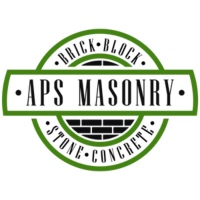 Alec Serowatka
:
Sep 7, 2023 2:07:48 PM
Alec Serowatka
:
Sep 7, 2023 2:07:48 PM
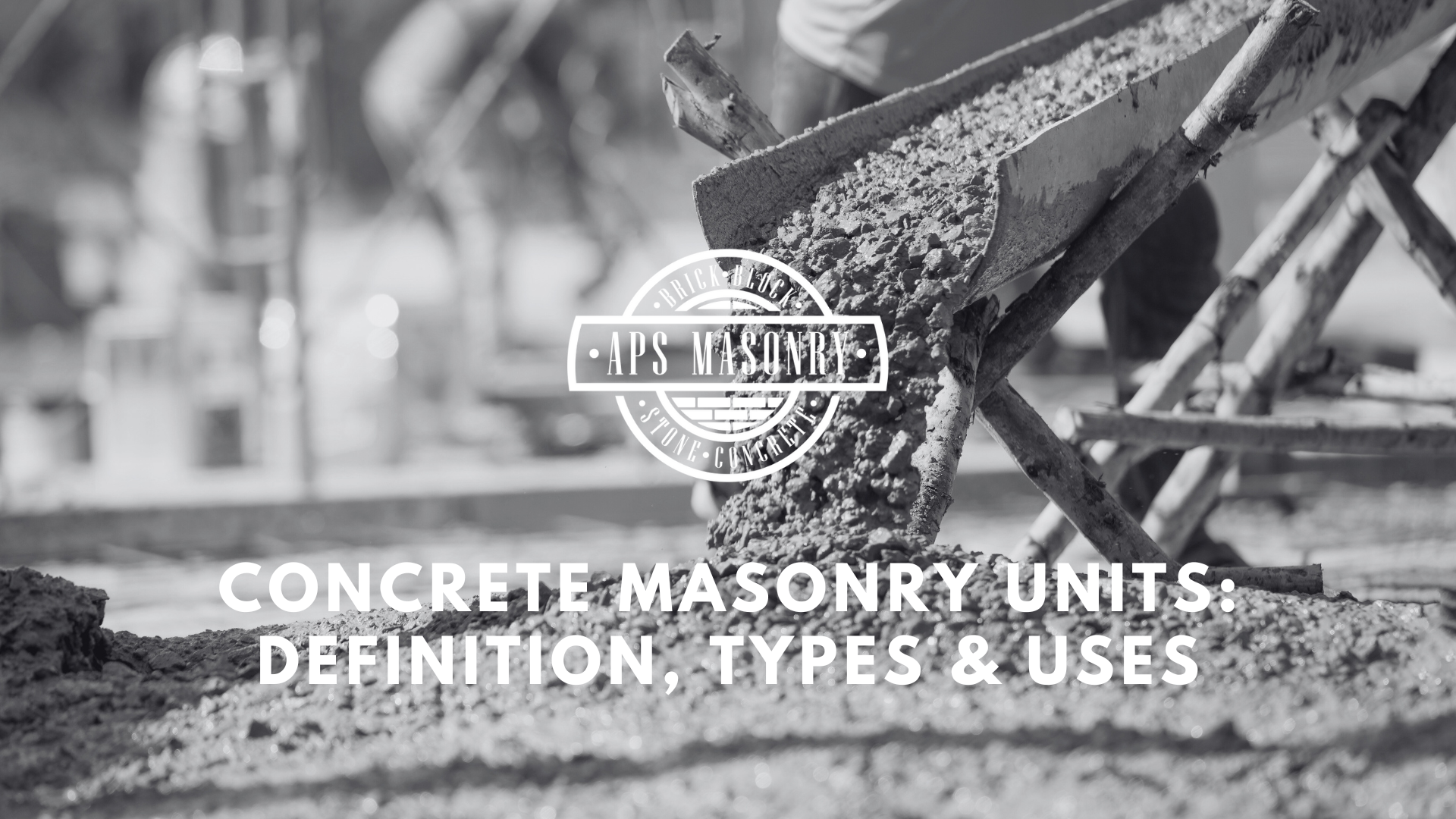
If you're looking to create solid, weather-resistant structures, Concrete Masonry Units is your go-to choice. Whether you need load-bearing walls with solid CMUs or cost-effective, hollow CMUs for non-load-bearing walls, these blocks meet various needs. Their sustainability, incorporating recycled materials, and energy efficiency make them an eco-friendly option.
Ideal for foundations, basements, partitions, and exterior walls, CMUs are a reliable solution for your next construction project. Choose CMUs for a resilient, long-lasting build that stands the test of time.
Stalwarts of construction, Concrete masonry units (CMUs) are celebrated for their enduring strength and versatility. Crafted from dry, robust concrete mixtures, CMUs employ "no-slump" or "low-slump" materials that undergo vibration and compaction when placed into molds to lock in their precise shape.
This manufacturing process ensures CMUs can withstand handling and transport to curing chambers without losing their form. Once cured, these units are neatly organized on pallets ready for shipping.
The wide distribution of CMU factories across the country adds to their enduring appeal, bolstering local job markets while providing a reliable and resilient masonry building material for countless architectural endeavors.
Concrete masonry units comprise Portland Cement, epitomizing durability and longevity with the combination of aggregates and water. Their straightforward installation and fireproof properties add a layer of safety to masonry structures.
With minimal upkeep needs, CMUs are a low-maintenance choice. These versatile blocks come with decorative finishes or can be customized post-installation to suit various architectural styles.
Standard concrete block dimensions are nominally 8" x 8" x 16", but the actual measurements, slightly smaller at 7 5/8" x 7 5/8" x 15 5/8", are designed this way to accommodate mortar joints during installation.
This precise engineering ensures CMUs seamlessly merge strength, convenience, and adaptability.
Depending upon the structure, shape, size, and manufacturing processes, CMUs are mainly classified into two types:
Solid CMU
Solid CMU blocks, constructed entirely of concrete, boast exceptional density and weight, making them ideal for wall capping and enhanced building security. However, their increased material usage results in higher production costs. Therefore, when selecting CMU building materials, the added expense of solid CMUs should be weighed against the specific project requirements and budget constraints to determine the most suitable choice.
Hollow CMU
Solid CMUs are made entirely of concrete, rendering them denser and heavier, suitable for wall capping and increased security. In contrast, hollow CMUs feature empty cores, reducing weight and material usage resulting in a more economical production process.
The reduced weight makes hollow CMUs easier to handle during delivery and installation. These block CMUs are common in general construction, as their hollow cores can be filled with additional materials to enhance strength and insulation, making them a versatile and cost-effective choice for various building projects.
Prized for their versatility in construction applications, concrete masonry units are commonly used in foundations, basements, partitions, and exterior walls, demonstrating their adaptability across diverse building projects.
Whether providing structural support, enhancing insulation, or creating distinct architectural features, CMUs are reliable for various construction needs.
Concrete masonry unit walls exemplify weather-resistant properties thanks to specialized coatings that bolster their durability and versatility. Various coating options are available to thwart water penetration and efflorescence, ranging from cement paints and latex paints to oil-based paints, urethanes, and epoxy coatings.
Choosing the right coating type depends on factors like the block's function, location, and additional needs, such as UV resistance and breathability.
As a result, CMU walls are exceptionally robust and capable of enduring severe weather conditions with minimal damage, making them a dependable choice for exterior applications.
Concrete masonry units contribute significantly to eco-friendly, sustainable building design. These blocks often incorporate recycled materials, minimizing their environmental impact.
Since they are typically produced locally, CMUs involve shorter transportation distances, reducing their carbon footprint. Concrete masonry construction also offers energy efficiency through thermal mass, stabilizing indoor temperatures and lowering heating and cooling costs.
Furthermore, structures built with masonry, including CMUs, are inherently long-lasting and resilient, standing up well against storms and natural disasters, ultimately reducing the need for frequent reconstruction and conserving resources.
Cinder blocks and concrete masonry units differ in composition and characteristics. Cinder blocks consist of coal cinders and water, offering better insulation and sound absorption.
In contrast, CMUs use Portland cement, water, and aggregates like sand and stone, resulting in a denser material suitable for high-load-bearing applications.
Cinder blocks are typically grey and rough in appearance, whereas CMUs offer more color and texture variety. Cinder blocks are lighter, at around two pounds, making them suitable for smaller or DIY projects, while CMUs, with a weight of up to eight pounds, are ideal for projects requiring structural strength and stability.
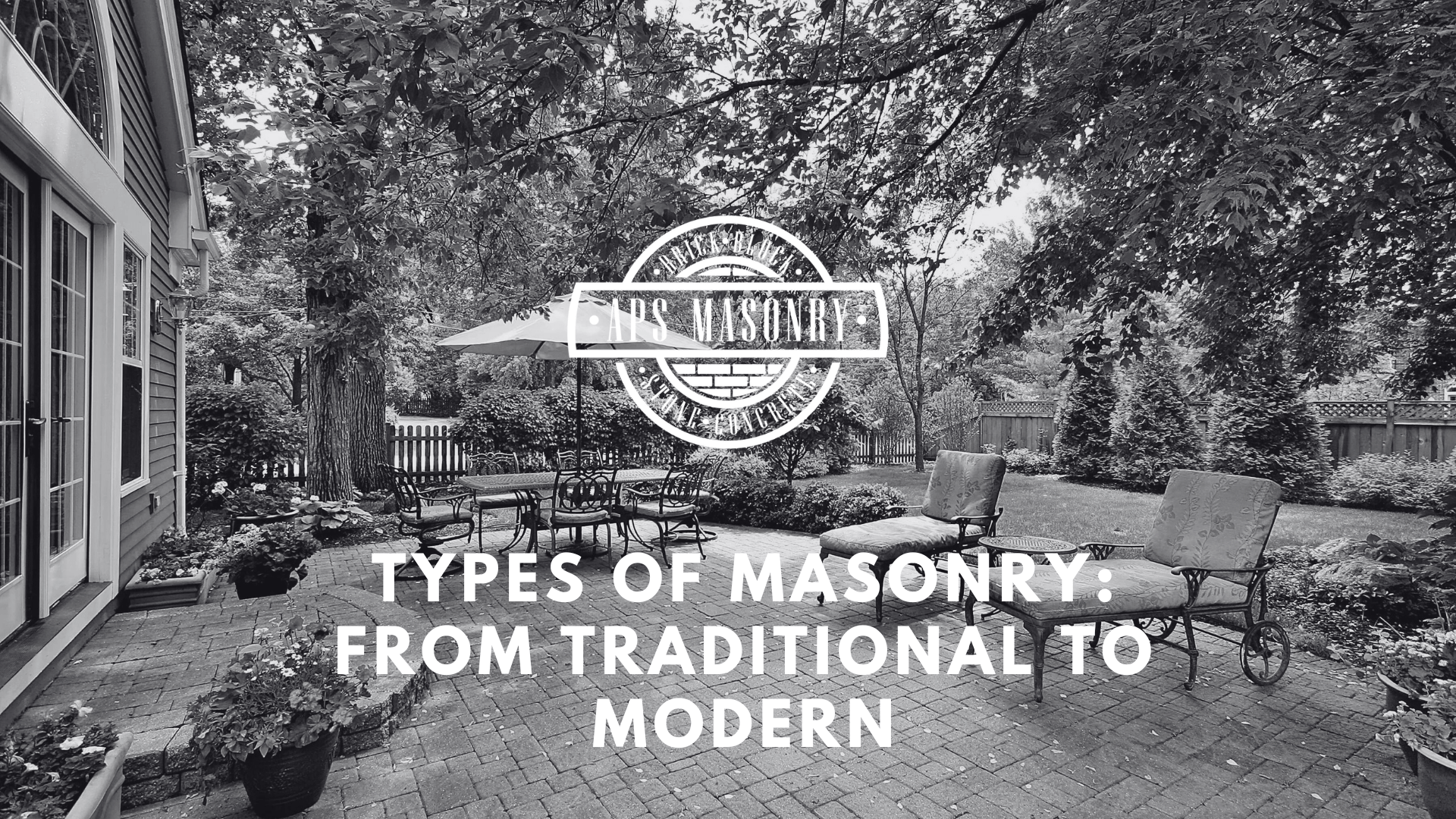
Let's explore the evolution of masonry from traditional to modern methods, catering to diverse construction needs. It covers how old techniques...
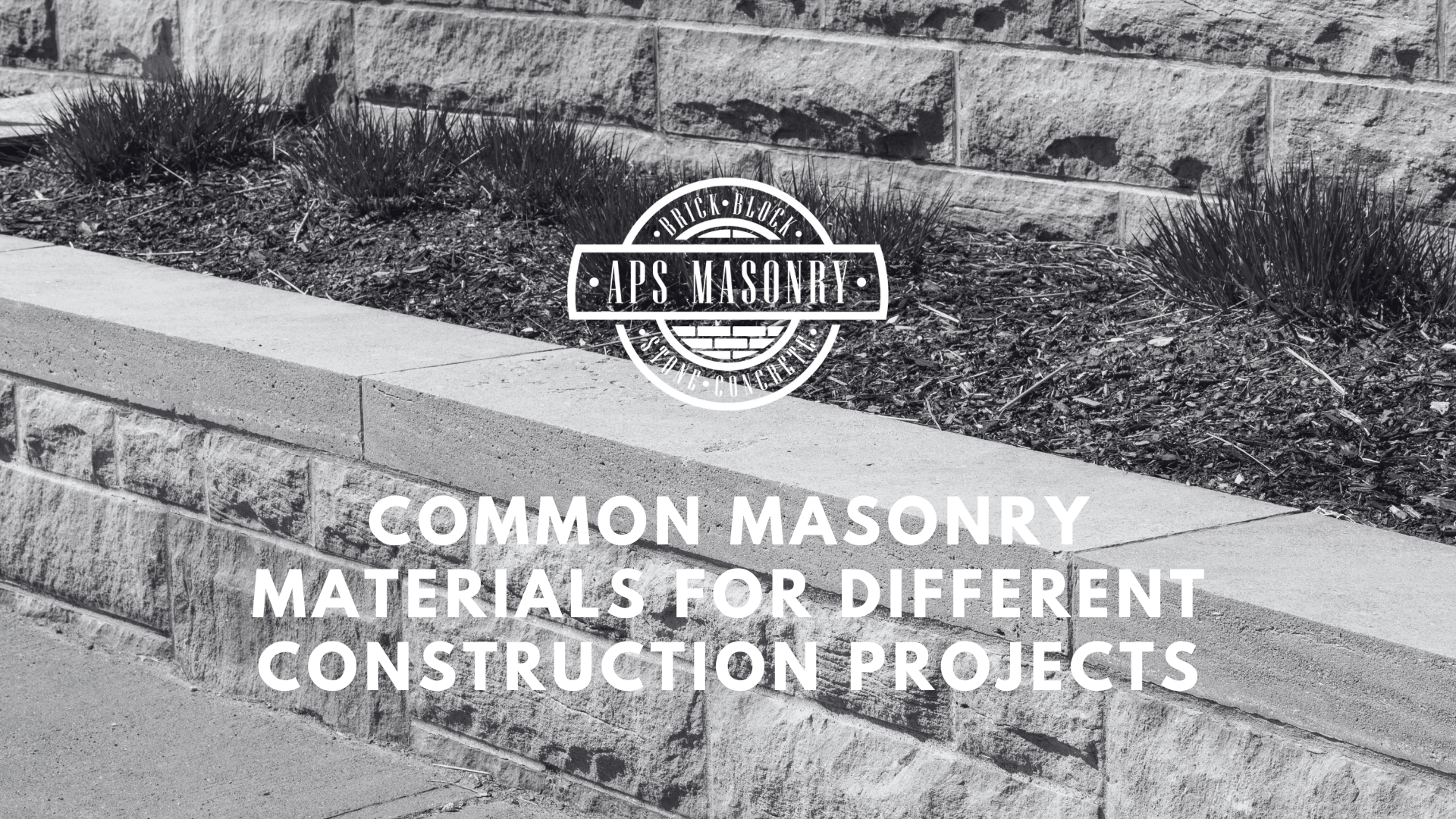
Choosing the right masonry materials is important in guaranteeing a project's durability, strength, and overall success. Masonry work is a technique...
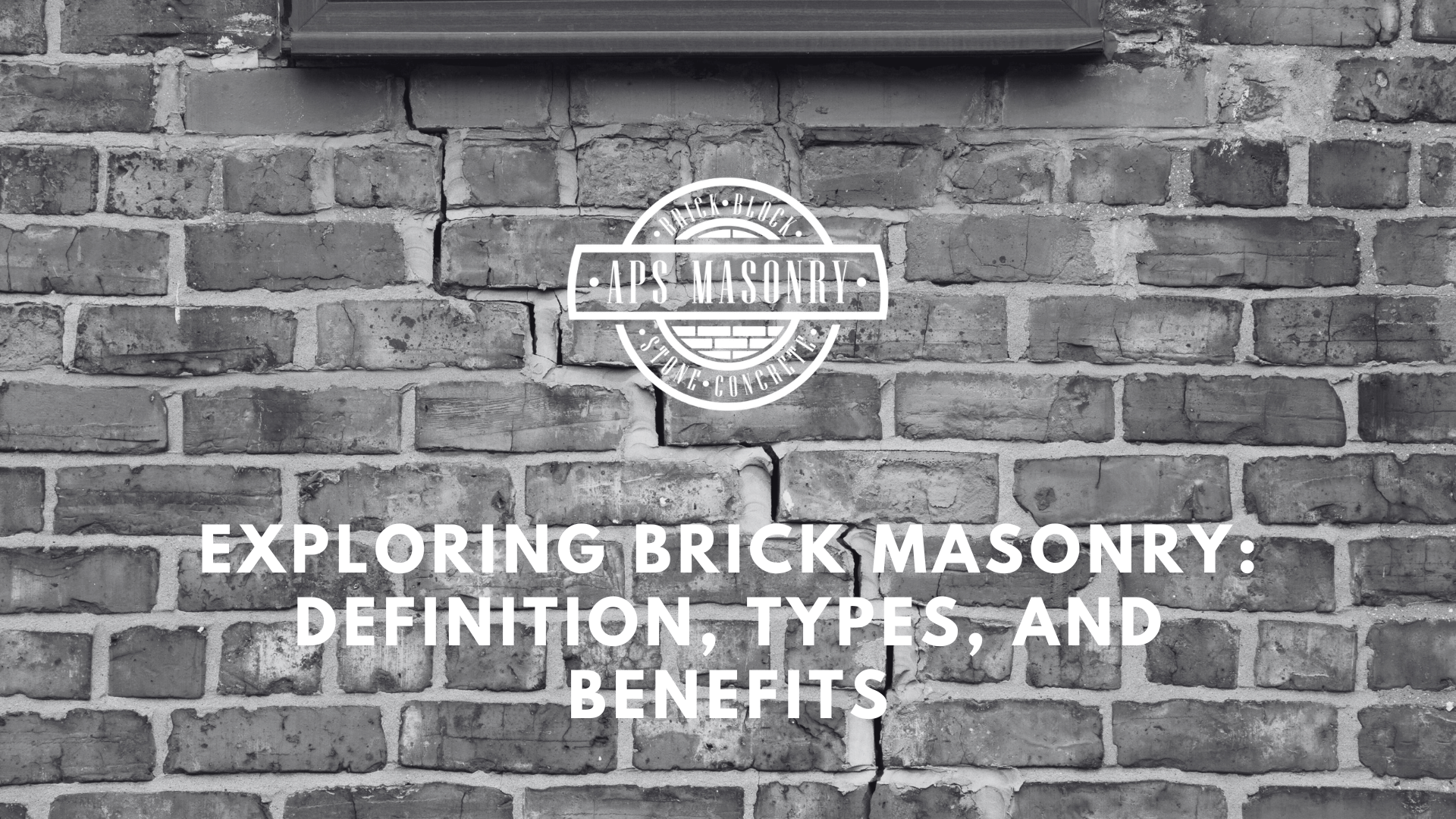
Brick masonry is a timeless construction technique that uses bricks and mortar to build durable structures like walls and arches, known for their...